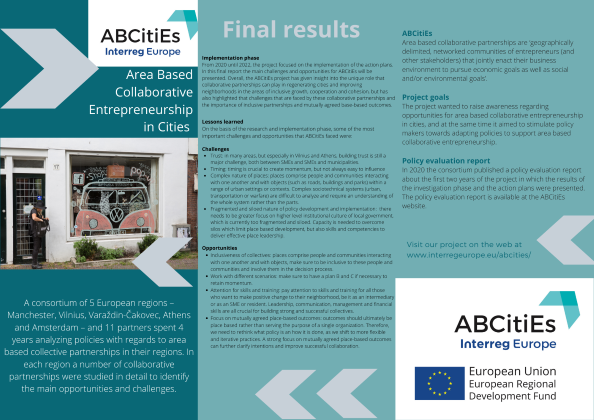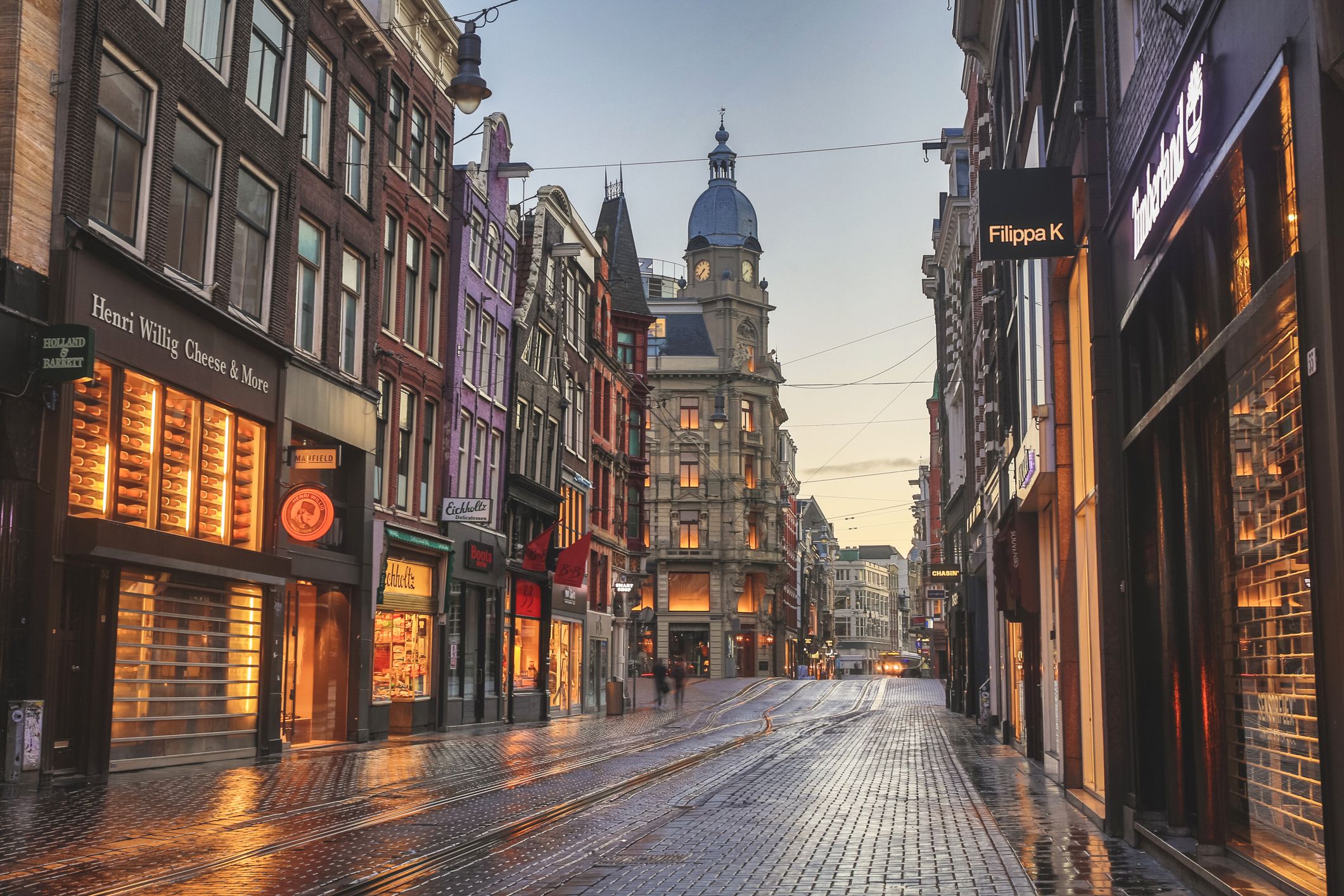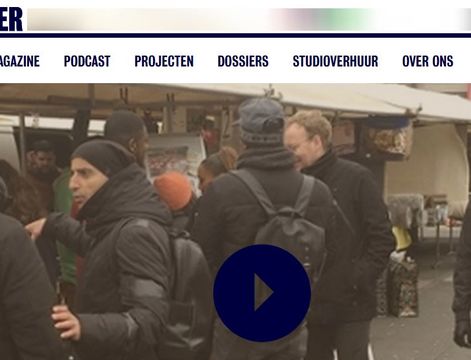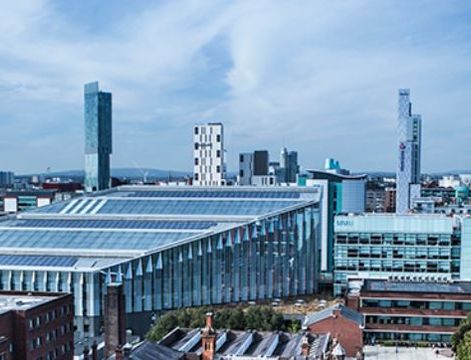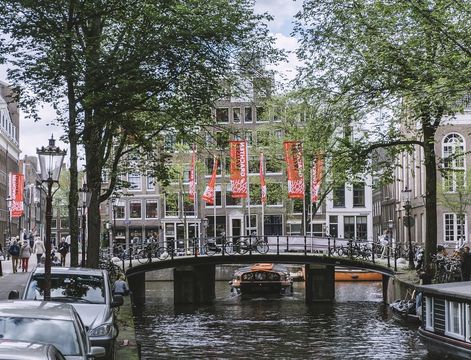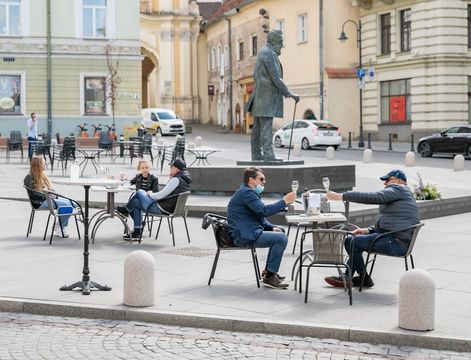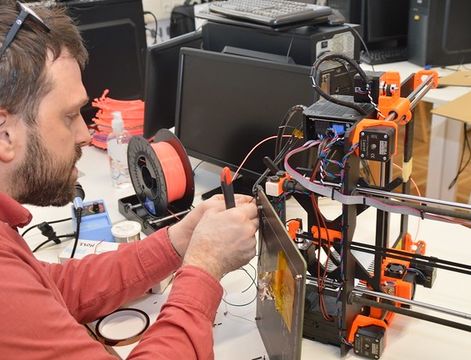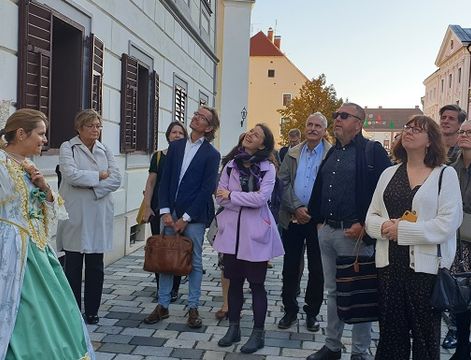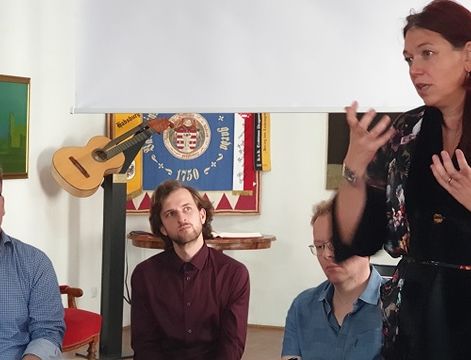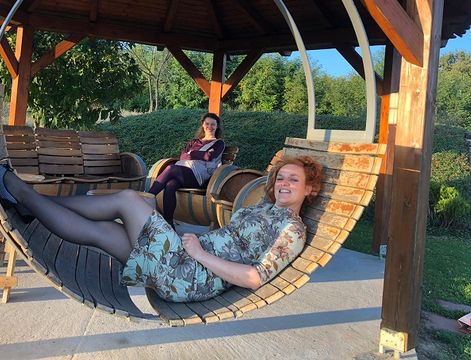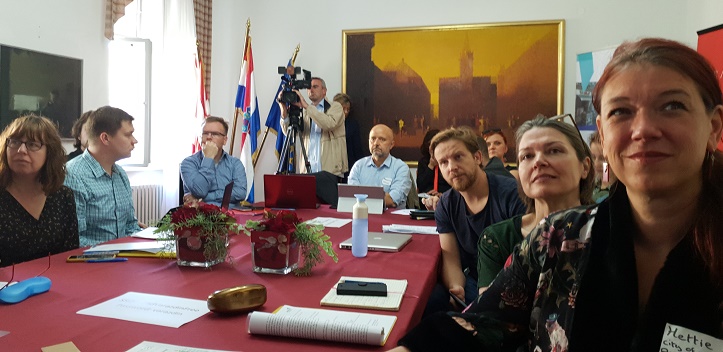In the late 80’s I had passed through Athens during the night on my way to the islands and regretted not having the chance to see the city. Athens is a fascinating and welcoming city with an amazing history and became an increasingly popular city break destination in its own right.
By: Karen Findley

Intriguing talks
George Mavrommatis and Nicholas Karachalis gave us walking tours accompanied by intriguing talks on the history of Athens. I was surprised to learn that much of the city was built from the 1950s onwards. George and Nicholas also told us about the many migrants that have lived and passed through the city over the years and the effects of the economic crisis. Although times are still hard for many, it has been tourism that has helped the country to climb out of recession.
Tourist economy
In recent years Athens is seeing a surge in interest from overseas investors, consequently land values are rising very quickly. We heard from Dimitris Markantonis who represents an informal collective around Aiolou Street the many family businesses in the area are supporting each other to survive against a background of increased land values and the rise of on-line retail. With more and more properties being redeveloped in the surrounding areas there is a tension between maintaining the character of these traditional retail streets and the rise of the tourist economy.
Challenges and distrust
We heard the latest research on collaborative working and learnt how collectives can play a key role in regeneration and place branding as well as the challenges they face in their search for long term sustainability. As collectives mature there can be difficulties with bringing in new and younger volunteers and being open to new ideas. Eleftheria Alexandri told us about a very successful collective that began in the 1980’s that has saved an area of green space in Athens from development and has maintained it as a great asset to the local community. As the original campaigners have grown older and had families their priorities have also changed so they have now introduced a children’s play area. However, over the years there remains a distrust of the Municipality and the collective felt unable to accept its offer to take over the maintenance of the area.
Regeneration by collaborating
Many collectives have been established from campaign groups after a group of local people have come together to persuade the authority not to go ahead with a particular plan. This was the case with the Withington Community Regeneration Partnership in Manchester. Dave Payne, a founder member of the partnership joined us in Athens and explained that the group had formed to save their local swimming pool from closure. In addition to running the building as a community asset the group are now working with Manchester City Council to bring in additional funding to help regenerate the village.
Shaping future policy
The next ABCitEs meeting will focus on policy and as planner I am keen to learn more about how we can support and encourage successful collectives to flourish. In Manchester we will start reviewing our local planning policy document and we will be taking the lessons we are learning through the partnership to shape future policy for the city.


